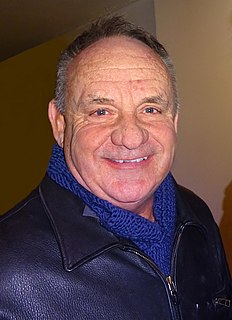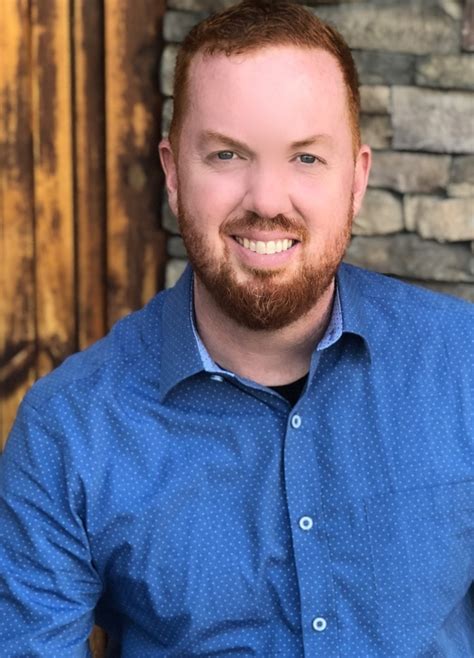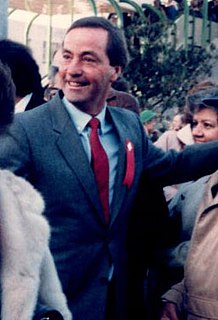A Quote by Paul Guilfoyle
Some of the best movies made about crime are those where the crime solver can get inside the head of the serial killer, and those are the techniques we use in C.S.I.
Related Quotes
I grew up reading crime fiction mysteries, true crime - a lot of true crime - and it is traditionally a male dominated field from the outside, but from the inside what we know, those of us who read it, is that women buy the most crime fiction, they are by far the biggest readers of true crime, and there's a voracious appetite among women for these stories, and I know I feel it - since I was quite small I wanted to go to those dark places.
I watch a lot of crime shows. The head investigator always said to the crime solver, "What do you say?" And inevitably the other has to say something like, "Well I'm thinking he was shot in the neck with a certain gun and he seemed to be running." The solver has to picture what he's seeing first, and then express his own observations. The writer does the same.
The best crime stories are always about the crime and its consequences - you know, 'Crime And Punishment' is the classic. Where you have the crime, and its consequences are the story, but considering the crime and the consequences makes you think about the society in which the crime takes place, if you see what I mean.
Once I got interested in organized crime, and, specifically, Jewish organized crime, I got very interested in it. I have learned that, like my narrator Hannah, I'm a crime writer in my own peculiar way. Crime with a capital "C" is the subject that I'm stuck with - even Sway is about "crime" in a certain way. The nice thing about crime is that it enables you to deal with some big questioO
...It is statistically irrefutable that those American cities with stringent "gun control" (e.g. N.Y.C., D.C., Chicago, L.A.) have higher crime rates. It is also irrefutable that those 31 states which have made conceal carry of handguns easy for law-abiding citizens have correspondingly enjoyed significant drops in their crime rates.
The police, at their best, do three things; they prevent crime, they respond to crime, and they solve crime. In all three of those buckets, they need the trust of the community to do it, so I believe that if we restore the trust that we will change the way police are experiencing communities and ways that will preserve life and make everyone safer.
I counted it up once. I think I have written 45 full screenplays. Of those, maybe 15 have been shot, in some form. That's a pretty good track record, but it's not 100%. It is frustrating that, as a screenwriter, I've seen all those movies and they don't exist in the real world. They're juts inside my head and on those pages.
The reason some crime writers have a chip on their shoulder about the label is because their good books are shelved beside books about nuns and birdwatchers and cats who solve crimes. Overseas, my books are reviewed alongside those of authors like Robert Stone and Don DeLillo, and I have to live and die by that comparison. They don't ghettoize crime writers in other countries, and of course they shouldn't.
It may be true that encryption makes certain investigations of crime more difficult. It can close down certain investigative techniques or make it harder to get access to certain kinds of electronic evidence. But it also prevents crime by making our computers, our infrastructure, our medical records, our financial records, more robust against criminals. It prevents crime.




































